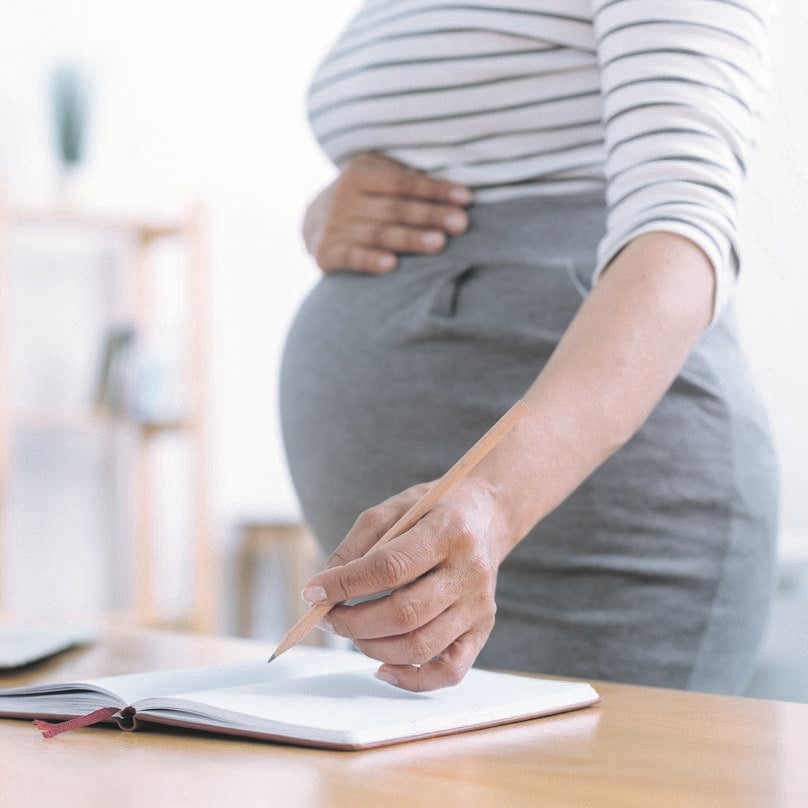
While going through my socials and timeline in the past few days, I noticed the hashtag #SoWhatImPregnant trending on Twitter.
Women shared shocking stories of how their employers/former employers had discriminated against them while they were pregnant. Some shared how they were dismissed as a result.
I could not believe that women in corporate South Africa are experiencing such discrimination when there are laws that are supposed to protect them.
The stories shared by these women are horrendous and shocking. Here are some of the summarised tweets: “My colleague was told to have an abortion if she needed the job; “I can’t get pregnant otherwise I’ll lose my job”; and “I was demoted due to my pregnancy.”
One woman tweeted that she was demoted when she returned from maternity leave while another said she was denied an apprenticeship because she was pregnant.
“I was forced to work long hours while pregnant until I collapsed,” said another mother.
. The Constitution;
. The Employment Equity Act (EEA);
. The Basic Conditions of Employment Act (BCEA);
. The Labour Relation Act (LRA); and
. The Code of Good Practice on the Protection of Employees During Pregnancy and After the Birth of a Child.
Section 6 of the EEA prohibits discrimination on the grounds of pregnancy. Section 187 of the LRA prohibits the dismissal of an employee for any reasons related to her pregnancy. In fact, this is automatically deemed as an unfair dismissal.
Employees need to familiarise themselves with these laws.
According to the BCEA, women employees have a right to four consecutive months unpaid maternity leave. A woman may take maternity leave from four weeks prior to the expected due date or on a date determined by a medical practitioner.
The balance of the leave needs to be taken after the baby is born, bearing in mind that no employee may work for six weeks after the birth of the baby, unless the medical practitioner certifies that the employee is fit to resume her duties.
There is no provision in the legislation that stipulates when employees need to inform their employers that they are pregnant.
However, employees must notify their employers in writing on when they intend to commence maternity leave and when they should expect them to return to work. Some companies do offer paid maternity leave. However, this is entirely at their discretion.
Others offer a portion of the worker’s salary, but they are not legally obliged to do so. Employees who are not remunerated during maternity leave are entitled to claim maternity benefits from the department of labour. Employers needs to make sure that their employees are registered for the Unemployment Insurance Fund benefits in order for employees to claim their maternity benefits.
No employer can force an employee to terminate their pregnancy for fear of losing their job. No employer can demote an employee because they are pregnant. No employer can deny an employee a new job/promotion because they are pregnant. No employee should be treated differently because they are pregnant.
Companies should be having stringent policies and procedures when it comes to unfair discrimination of any nature, including against pregnancy.
In a landmark case in 2004, a receptionist in a medical practice took her employer to court for unfair dismissal. She claimed that she had been dismissed because she complained that she felt tired when she was in the advanced stages of her pregnancy.
. Employed a new receptionist the very next day;
. Not called the employee to return to work when the opportunity arose which suggested she had in fact been fired; and
. To pay the employee 24 months’ remuneration in compensation because the dismissal was automatically unfair.
Should any woman be unfairly discriminated against or dismissed due to her pregnancy, that employee should approach the Commission for Conciliation, Mediation and Arbitration.
Tshanga is a co-founder and managing director of Ziyana Business Consulting and Training. It assists organisations in building a value-based working environment and in designing and implementing the various organisational development interventions to align with their values and culture.
Follow her on:
Instagram: Nomazibulo Tshanga
Twitter: Nomazibulo¬_T
Website: http://ziyanaconsulting.co.za
 | ||||||||||||||||||||||||||
Get in touchCity Press | ||||||||||||||||||||||||||
| ||||||||||||||||||||||||||
| Rise above the clutter | Choose your news | City Press in your inbox | ||||||||||||||||||||||||||
| City Press is an agenda-setting South African news brand that publishes across platforms. Its flagship print edition is distributed on a Sunday. |




 Publications
Publications
 Partners
Partners








